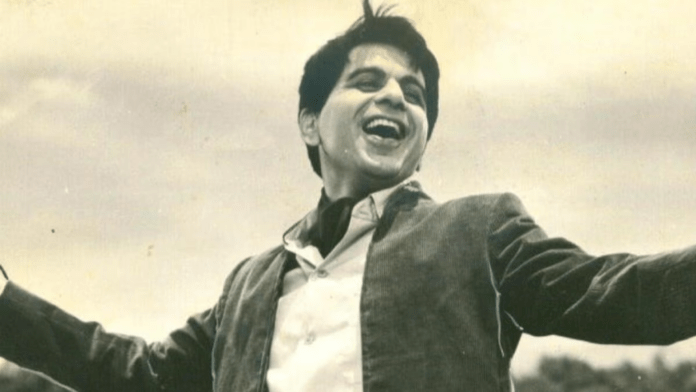New Delhi [India], December 11: Dilip Kumar, the legendary ‘Tragedy King’ of Indian cinema, remains one of Bollywood’s most revered figures for his unparalleled contributions to the world of film. Born on December 11, 1922, as Muhammad Yusuf Khan in Peshawar, Pakistan, he captivated audiences with his extraordinary acting, emotional depth, and magnetic presence. On his birth anniversary, we revisit some of the most iconic roles that solidified his status as a cinematic legend and left an indelible mark on Indian cinema.
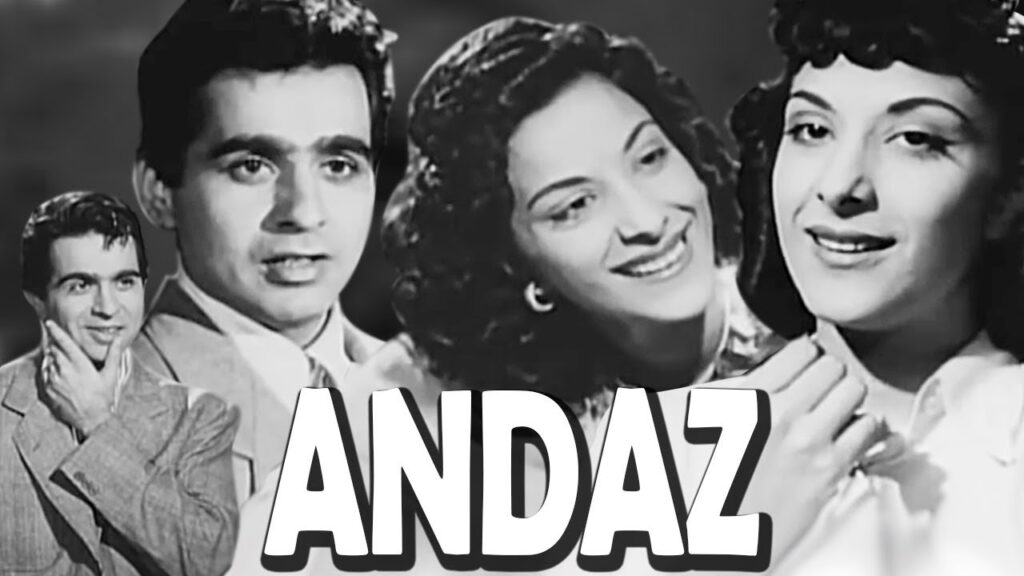
Andaz (1949)
In Andaz, Dilip Kumar shared the screen with Nargis and Raj Kapoor, introducing himself to the world as the ‘Tragedy King’. His portrayal of a man entangled in a love triangle showcased his remarkable emotional range, balancing romance with heart-wrenching turmoil. This role set the tone for his future portrayals of deeply conflicted characters.
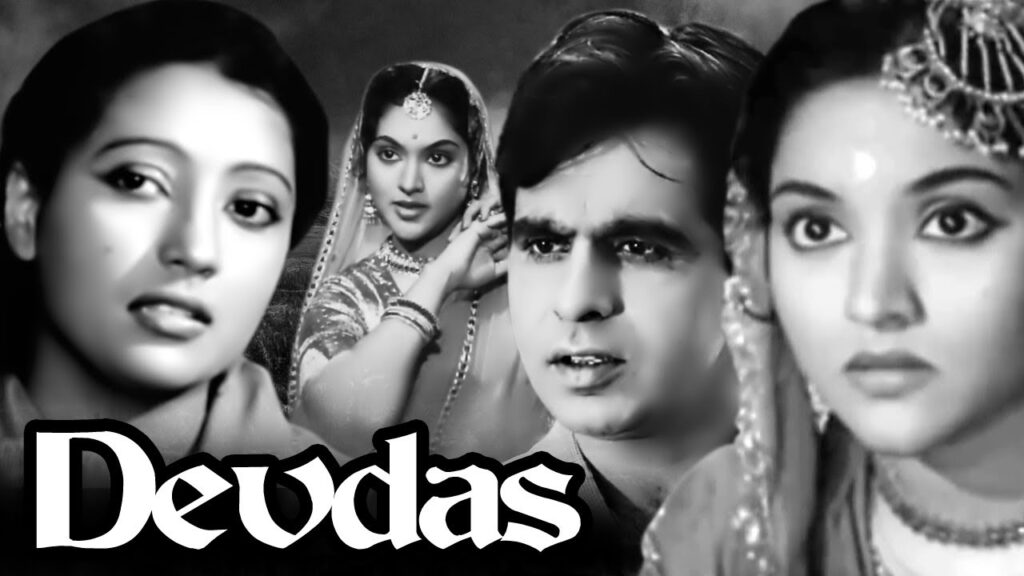
Devdas (1955)
No discussion of Dilip Kumar’s iconic roles would be complete without Devdas. Based on Sarat Chandra Chattopadhyay’s classic novel, Kumar’s portrayal of the tragic, self-destructive hero struck a deep chord with audiences. His depiction of longing, vulnerability, and unrequited love set a benchmark for all future adaptations of the character, making his performance timeless.
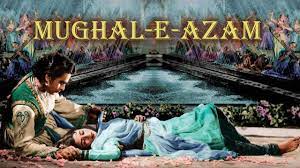
Mughal-e-Azam (1960)
In the epic Mughal-e-Azam, Dilip Kumar played Prince Salim, a role that demanded both regal dignity and intense emotional depth. His performance, alongside legendary actress Madhubala, was a masterclass in balancing grandeur with vulnerability. The iconic song, “Jab pyar kiya toh darna kya,” remains etched in the hearts of millions of Bollywood fans worldwide.
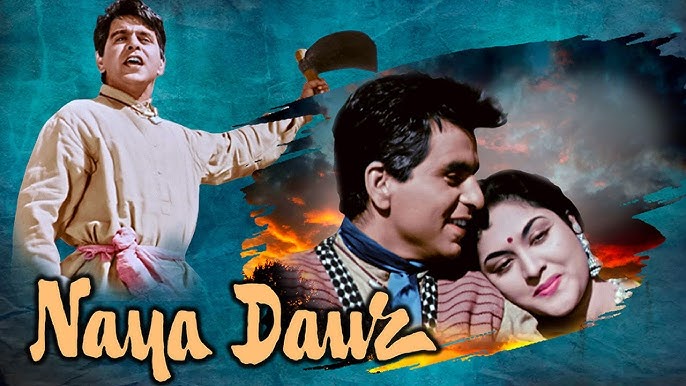
Naya Daur (1957)
In Naya Daur, Dilip Kumar showcased his versatility by portraying a man who fights against the forces of modernization threatening traditional ways of life. The film, marked by his powerful performance, highlighted his ability to convey resilience, compassion, and the tension between old and new values, solidifying his status as one of the leading actors of his time.
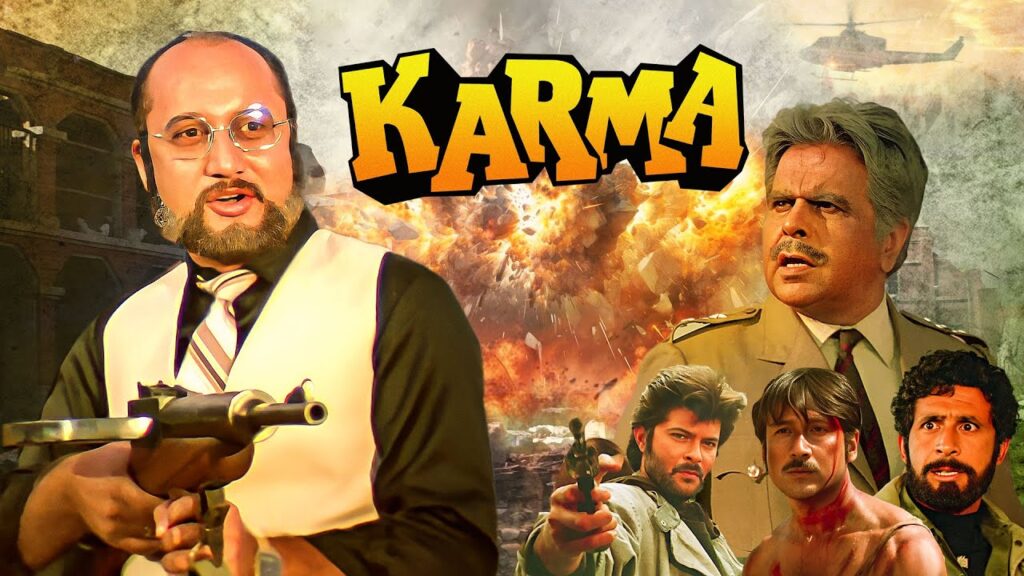
Karma (1986)
Even in the 1980s, Dilip Kumar’s star power remained undiminished. Karma saw him in an action-packed avatar, proving his ability to adapt to changing times while retaining his trademark gravitas. His portrayal of a compassionate doctor and a tough warrior added another layer to his remarkable acting repertoire.
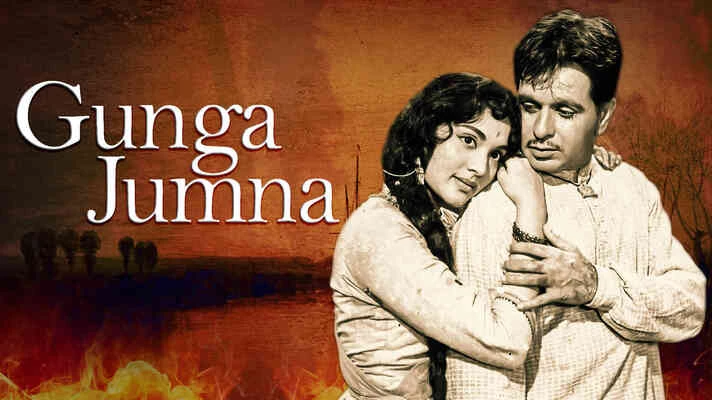
Ganga Jamuna (1961)
In Ganga Jamuna, Dilip Kumar played Gangaram, a man torn between his rural roots and the struggles of urban life. His nuanced portrayal of a man divided by loyalty to his brother and his duty to the law showcased his ability to delve into complex emotional territories, making it one of the defining films of the 1960s.
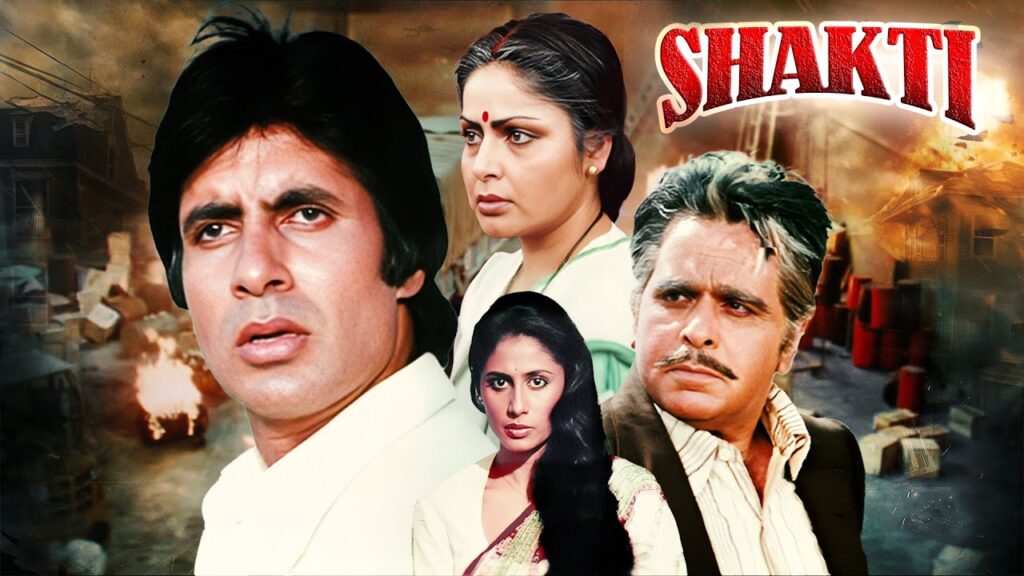
Shakti (1982)
In Shakti, Dilip Kumar starred alongside Amitabh Bachchan in a gripping story of father-son conflict. Their intense emotional struggle, marked by powerhouse performances, remains one of the defining moments of both actors’ careers. This film further solidified Kumar’s reputation as a stalwart of Indian cinema, delivering an unforgettable performance.
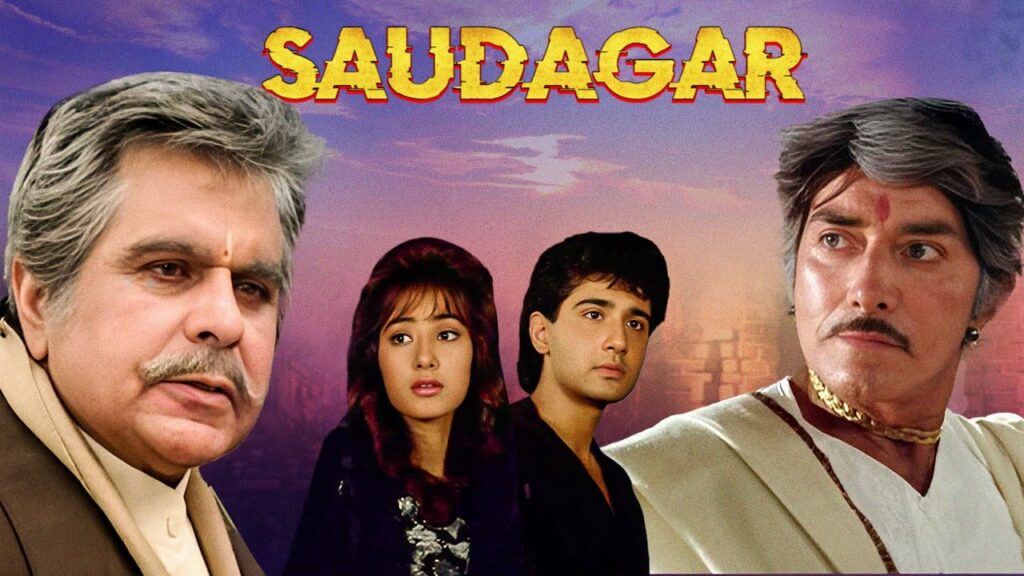
Saudagar (1991)
Saudagar saw Dilip Kumar and Raj Kumar reunite after many years to portray lifelong rivals. As the elder statesman of Bollywood, Kumar’s performance was commanding and reflective, proving that even in his later years, his presence on screen was captivating. His ability to hold the audience’s attention with depth and subtlety in his later roles speaks volumes about his enduring talent.
Dilip Kumar’s career spanned over five decades, with nearly 60 films to his name. His remarkable ability to portray complex human emotions with authenticity made him a beloved figure in Indian cinema. More than just an actor, he was a symbol of grace and dignity, both on and off the screen.
Dilip Kumar’s cinematic legacy continues to inspire generations of filmmakers and actors. From his iconic tragic roles to his versatility across genres, his contribution to Indian cinema is unparalleled. On his birth anniversary, the world of cinema celebrates an artist whose immense talent and dedication to his craft have cemented his place as a timeless icon.


